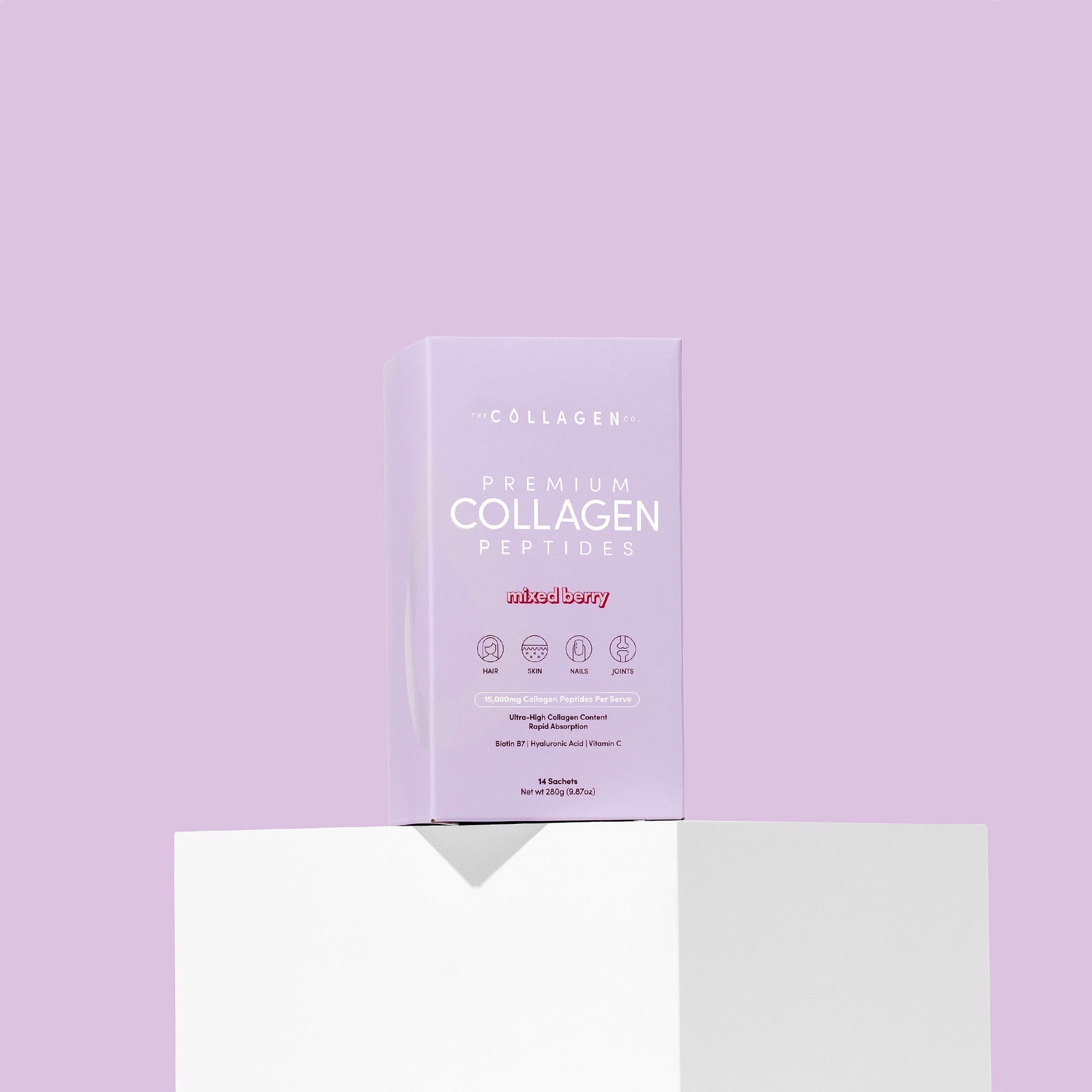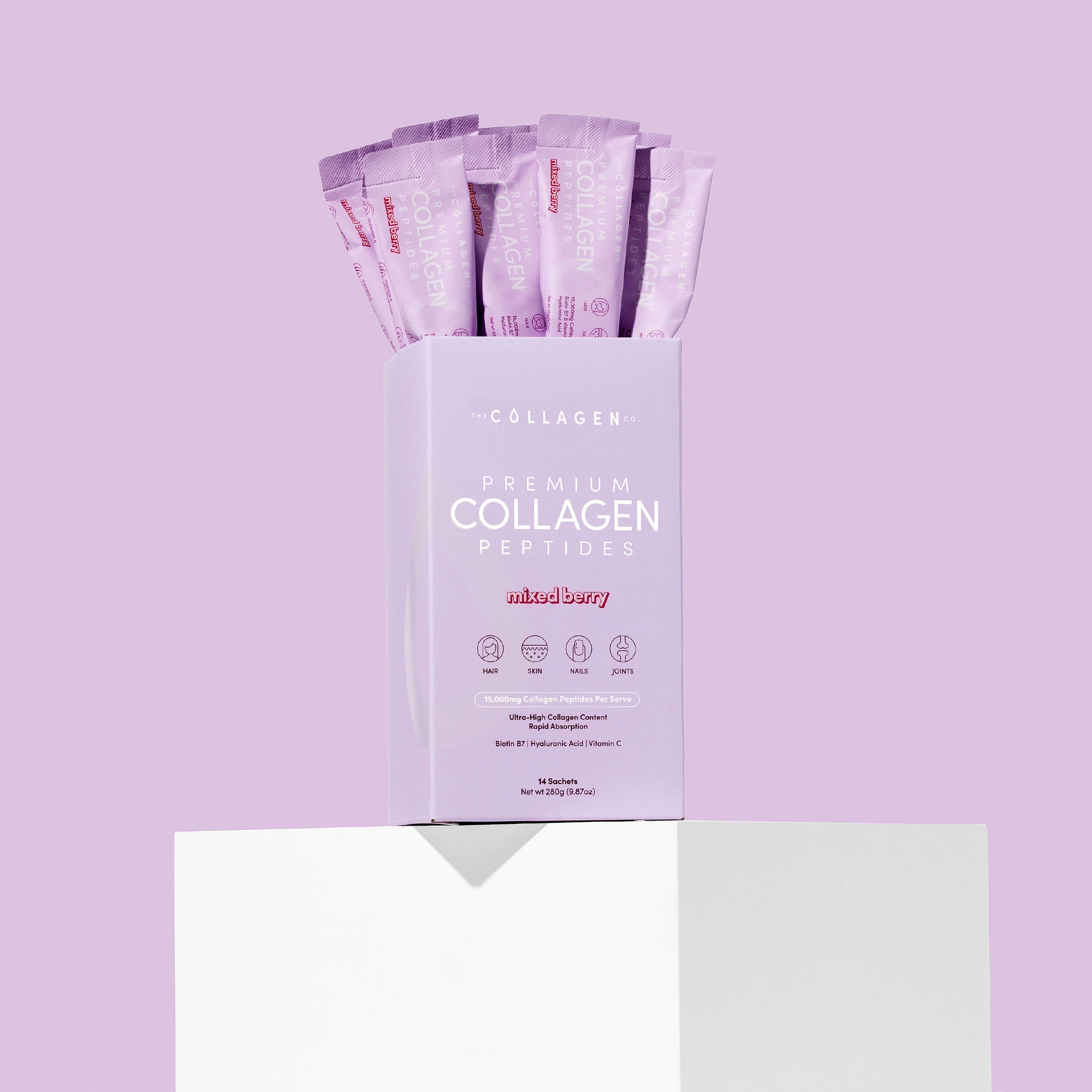4 Postpartum Care Tips All New Mums Should Know
Posted 27th September 2023

Where did all the time go? Your baby’s due date is now in days, not months. And you’re a tangled ball of feelings: elated, excited, and a smidge… terrified.
That’s completely normal; becoming a mother for the first time can be overwhelming.
But planning for your postpartum recovery ahead of time while you're still pregnant could help make your transition to motherhood a lot more manageable. Below, find 4 crucial recovery tips designed to meet your and your baby’s needs in the postpartum period.
#1: Create a postpartum care plan
Once your baby arrives, it'll be a whirlwind of figuring out breastfeeding, attending to your baby (who knew something so tiny could poop so many times in a day?), and contact napping (where your bub's sleeping but you're awake).
You’ll be busy.
This is why creating a postpartum care plan now is a good idea. Things to account for include:
- Recovery supplies: Regardless of whether you'll be recovering from a natural delivery or a C-section, you'll be much more comfortable with supplies like witch hazel pads, nipple cream, numbing spray, ice packs, and a sitz bath readily available at home.
- Support system: Who will help wash and sterilize the baby bottles? Cook meals? Do laundry? Get someone trusted (e.g., your partner, parents, or parents-in-law) to help with all these postpartum essentials. Make sure everybody knows their roles and responsibilities before the baby arrives — so they're not just fawning over the baby when you desperately need the house vacuumed or dog walked.
- Health appointments: Depending on your location, a general guideline is to wait 6 weeks after childbirth to check in with their OB/GYN. But that's a long time. The American College of Obstetricians and Gynecologists recommends shortening that timeline to 3 weeks. Check-in with your OB/GYN to see if that's possible for you so they can help ensure everything is healing as expected.
- Additional help: It might be helpful to shortlist a few pelvic floor specialists and lactation consultants (establishing a "proper latch" can be tricky!) you'd like to work with, just in case the need arises during your postpartum recovery.
#2: Eat a well-balanced, nutritious diet
Eating a well-balanced, nutritious diet is a crucial part of postpartum recovery.
Nourishing your body could speed up your recovery, promote milk production, and boost energy levels (super important during those sleep-deprived days).
That said, there is no special “postpartum diet”.
Instead, like everyone else, you should stick to the principles of healthy eating — whole grains, fruits and vegetables, lean proteins, and healthy fats.
A special note on protein requirements: if you’re breastfeeding, a 2020 study published in Current Developments in Nutrition suggests that you may need to consume anywhere between 1.7 to 1.9 grams of protein per kilogram of body weight to maintain your own muscle mass while providing adequate nutrition to your baby through breast milk.
So, assuming you're 65 kg, your daily protein requirement would be 110.5 to 123.5 grams.
Is that a lot? Given that an average-sized chicken breast (100 grams) only contains 31 grams of protein, it can be understandably difficult to get enough protein through dietary sources.
And that’s where protein powders, or more specifically, hydrolyzed collagen peptide powders, come in. Beyond making it ridiculously easy for you to meet your protein requirements, collagen peptide supplementation could also:
- Counter postpartum hair loss (see how our Premium Collagen Peptides helped Becky see healthier and thicker hair in just 4 weeks here!)
#3: Ease back into your workout routine
Strengthen your abdominal muscles. Relieve stress. Promote weight management. And prevent postpartum depression.
As you probably already know, exercising after childbirth has many benefits.
But postpartum exercise isn’t as straightforward as simply resuming your pre-pregnancy workout routine (e.g., turning up for that HIIT class or hopping on a treadmill).
In fact, if you’ve had a C-section delivery, it’s advisable to wait until you’ve had your 6-8 week postnatal check with your OB/GYN before exercising. And while it’s suggested that you could start exercising within a few days of natural childbirth, it’s still best to get clearance from your doctor and take things slow.
Like, real slow.
For example, the American Society of Obstetricians and Gynecologists (ACOG) recommends getting at least 150 minutes of moderate-intensity aerobic activity weekly after having a baby. That translates to about 20 to 30 minutes of walking daily.
You could gradually work up to that level of movement by taking a 5-minute walk on day 1 and then monitoring how you feel.
If nothing bleeds, pulls, or aches, walk for an additional minute on day 2 (if you experience any uncomfortable symptoms, get them checked out by your OB/GYN). And so on till you achieve 20 to 30 minutes of walking.
#4: Prioritize your mental health
In those first few weeks and months of motherhood, your life from wake to sleep may revolve solely around your baby.
Even people who visit may also seem to care more about cuddling the baby than asking how you're coping as a new mom and whether you need any help. So, when it all gets too much, don't be afraid to set firm boundaries on:
- Who can come over to visit
- Visiting hours
- What they can or cannot do with the baby (e.g., not waking your baby up when they’re asleep)
Don't be afraid to ask for more help from people not initially included in your postpartum care plan.
For example, if an old friend who's an experienced mother comes over, you could ask them to take the baby off your hands for a few hours to have some dedicated self-care time or catch up on some much-needed sleep.
Speaking of sleep… it’s really important that you get enough of it.
Research consistently links poor sleep (quality and quantity) with postpartum depression and anxiety.
So if the stress of caring for a newborn makes it difficult for you to fall and stay asleep at night, you might wish to consider a natural sleep supplement, such as our Collagen Dream (hot chocolate flavoured!), where each serving delivers:
- 5 grams of collagen to meet your increased protein needs
- Magnesium to promote relaxation
- Chamomile to improve sleep quality
- Zinc to regulate sleep patterns
*sips* Ah, that's really good.










































